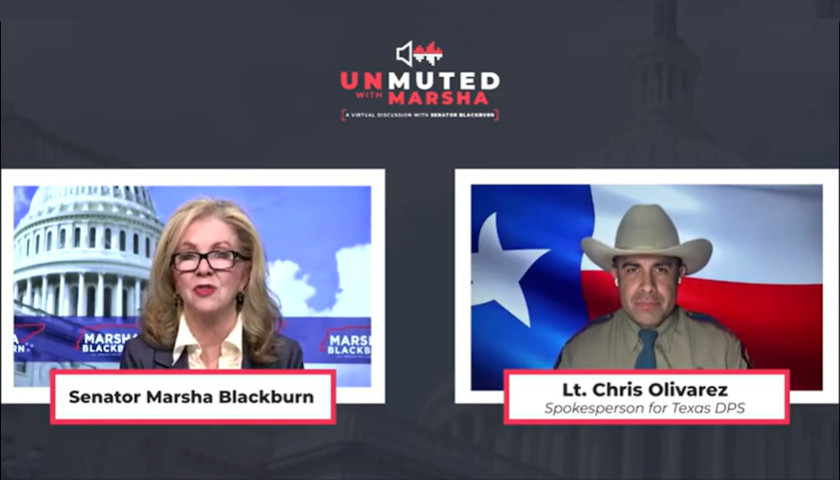This week U.S. Republican Senator Marsha Blackburn was one of five senators who introduced legislation that, if passed into law, would affect Internet privacy.
The bill is called the Filter Bubble Transparency Act, according to a press release from Blackburn’s office.
The bill would require large-scale Internet platforms that collect data from more than one million users and gross more than $50 million per year to provide greater transparency to consumers and allow users to view content that has not been curated as a result of a secret algorithm.
The Filter Bubble Transparency Act would also make it easier for Internet platform users to understand the potential manipulation that exists with secret algorithms and require large-scale platforms to allow those users to consume information outside of that potential manipulation zone or “filter bubble.”
“When individuals log onto a website, they are not expecting the platform to have chosen for them what information is most important,” Blackburn said in a press release. “Algorithms directly influence what content users see first, in turn shaping their worldview. This legislation would give consumers the choice to decide whether they want to use the algorithm or view content in the order it was posted.”
U.S. Senators John Thune, Republican of South Dakota; Richard Blumenthal, Democrat of Connecticut; Jerry Moran, Republican of Kansas; and Mark Warner, Democrat of Virginia; also introduced the act, according to the press release.
“This legislation is about transparency and consumer control,” Thune, chairman of the Subcommittee on Communications, Technology, Innovation, and the Internet, said the press release.
“For free markets to work as effectively and as efficiently as possible, consumers need as much information as possible, including a better understanding of how internet platforms use artificial intelligence and opaque algorithms to make inferences from the reams of personal data at their fingertips that can be used to affect behavior and influence outcomes. That’s why I believe consumers should have the option to either view a platform’s opaque algorithm-generated content or its filter bubble-free content, and, at the very least, they deserve to know how large-scale internet platforms are delivering information to their users.”
– – –
Chris Butler is an investigative journalist at The Tennessee Star. Follow Chris on Facebook. Email tips to [email protected].








